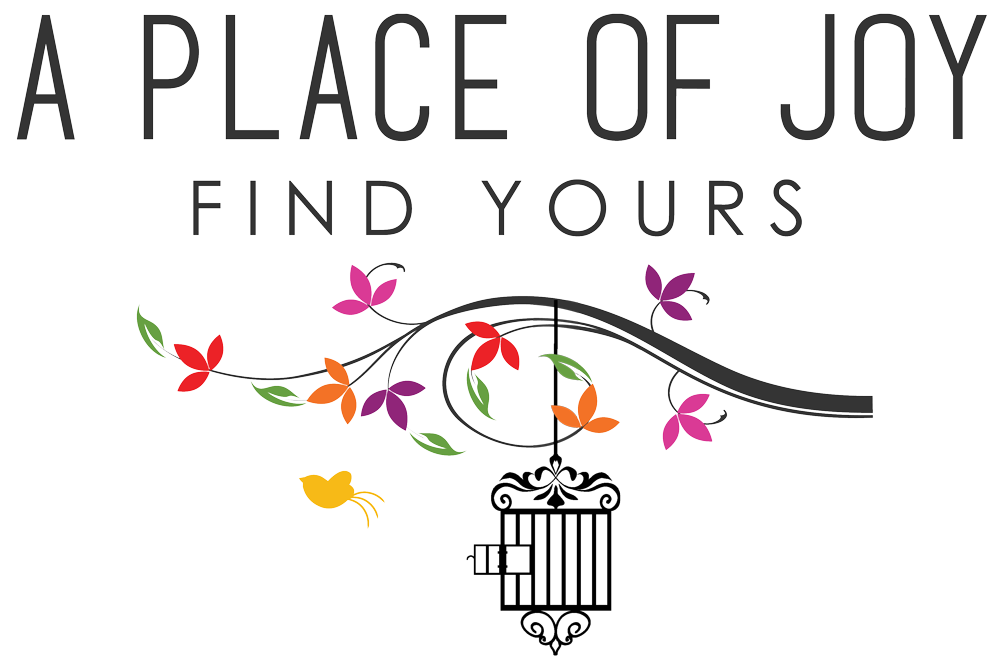Ever gotten really, really excited about something you want to create, something you know will be amazing, will change lives, and which you are exactly the right person to do? And then your rational mind kicks in and reminds you of all the reasons why it's definitely not going to happen?
Yeah, me too.
SO, I want to share with you one of the lessons that has had the biggest impact on the visionaries I work with, that frees them up to pursue their most brazen, most deeply felt dreams. Here it is: Make friends with your other hand.
OK, I know that sounds mildly naughty, but this concept fundamentally shifts where your power lies from your ego mind to your true self and enables you to make conscious, rational decisions that are grounded in reality rather than fear.
It’s essentially a quick and dirty version of the Open the Door tool I take all of my clients through. Use it when you see something you want but believe you can’t have. When there’s something you wish would happen, that you wish you could accomplish or experience or create, but as soon as you allow the words to form, even in your mind, you hit a massive wall of resistance that stops you dead in your tracks. When the magical, hopeful spark that flared up inside you shrivels and you slump in defeat, when you're ready to give up before you even start.
When you hit the wall, whip this out and clear a path through the resistance in a TRUTHFUL way with which both your brain and your heart can get on board. This is how you move out of the zone of defeat and into the zone of inspired action. This is how you reset so you can operate from a place of wonder, possibility and joy, and make your own unique vision real.
How to Make Friends with Your Other Hand
Follow these five steps to shift yourself out of your default settings (of believing you can't have-do-say-be-create-experience what you really want) and into a clear, rational, expanded view of what's possible.
1. Say the thing you want. (Believe it or not, this is often one of the hardest parts for people. It can feel scary to say it out loud, or like we're inviting the evil eye in, or slightly shameful because shouldn't we already have/be this thing? I completely get it, and I will go into this more at another time, but for now please give yourself permission to simply say it as part of this exercise. You're not committing to actually doing it, you're simply expressing it so you can notice how it makes you feel.)
2. Say the reason why you can’t have it. It will feel true. (There will also likely be more than one reason, so say them all, and you'll address each one individually as you move through this process.)
3. Allow yourself a moment to feel what you feel—angry, frustrated, scared, sad, disappointed, hopeless… It’s not so much fun, but it’s important to be honest about how you feel, and to accept it. A squashed feeling is like the glue my mom used when she redid the floors in our kitchen: You think it’s going to stay hidden beneath the floorboards, but it oozes up between the cracks for months, no matter how many times you wipe it away, and no matter how long ago you think it should have dried. Also, it makes your husband nuts, and creates a lot of tension between him and your mom. Um…anyway…
4. Focus on one of the reasons you believe you can't have what you want, and acknowledge what is true about it. For example, one objection I hear a lot from my clients is, “I’m not the person to do this. I’m not an expert, I’m not qualified.” Your response to that might be something like, “It’s true that I feel like I'm not an expert because I don’t have X degree/I haven’t published a book on the subject/I haven’t been in the field for twenty years,” or whatever you believe an “expert” or “qualified person” needs to be/do/have.
Breathe. It’s OK. There are often things in our lives that don't look the way we think they need to look in order for us to have what we want. But that doesn't mean we can't actually have them. It's just that we so often stop when we hear the objections--they seem logical, and our minds are so crowded with negative, critical thoughts that we can't think clearly enough to counter them. That's where this crucial next step comes in.
5. NOW, hold that same reason up and look at it from another perspective. Say, “On the other hand…,” and find evidence of an alternate, and equally true, response that allows you to counter your initial auto-pilot response and the conclusions it led you to. For example, “On the other hand, I do have Y degree/Z experience,” or, “On the other hand, that other person who’s achieving great things in a similar space doesn’t have a degree/hasn’t published a book either.”
What you should find is that you can now much more easily access positive evidence that you actually can have what you want. Why? Because you've already acknowledged your objections instead of ignoring or denying them. They’ve been heard, and they can now sit quietly with their hands folded nicely instead of jumping up and down in your face trying to get your attention, leaving space for other possibilities to be discovered.
Remember: Those objections are there to protect you. Or they think they are anyway. They’re keeping you from trying something and potentially failing and becoming hurt/embarrassed/broke. They’re stopping you from trying something new and potentially risky. They’re keeping you in the familiar and “safe” space you know. It’s just that your ideas and dreams are bigger than the space you're currently inhabiting, and it's time to give them room to breathe.
So, whatever it is you've been longing to see, do, experience or create, I hope you give yourself the gift of this moment to pull it out of its secret place and look at it from another angle, with both your hands, and a sense of curiosity. It's amazing what can happen when you replace judgment with joy, resistance with acceptance and resignation with the willingness to try again.
Joy : )


